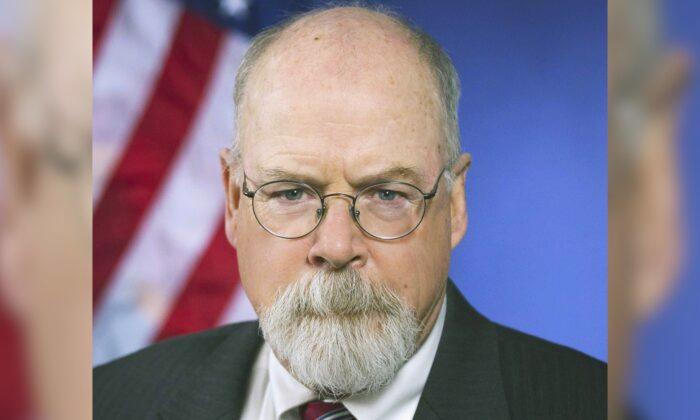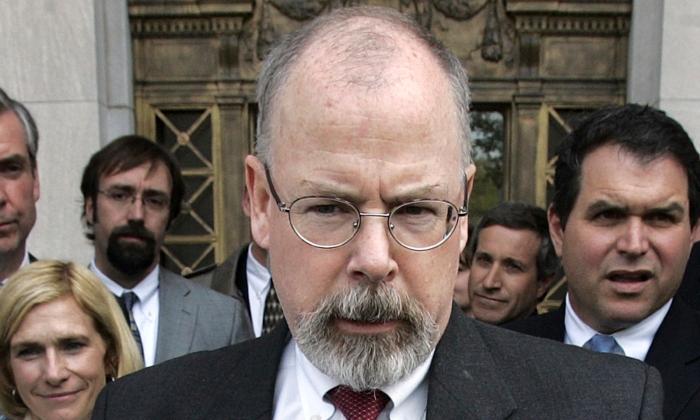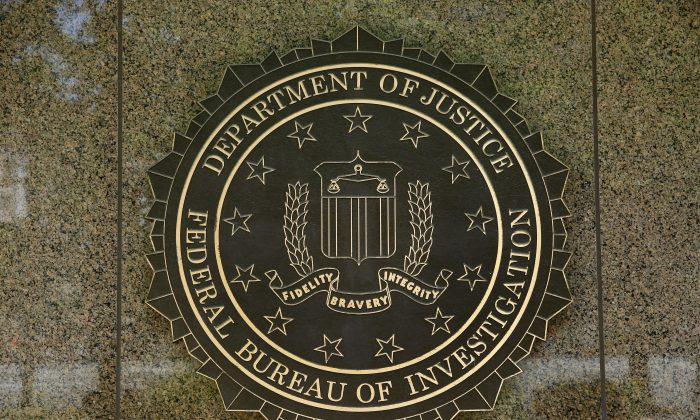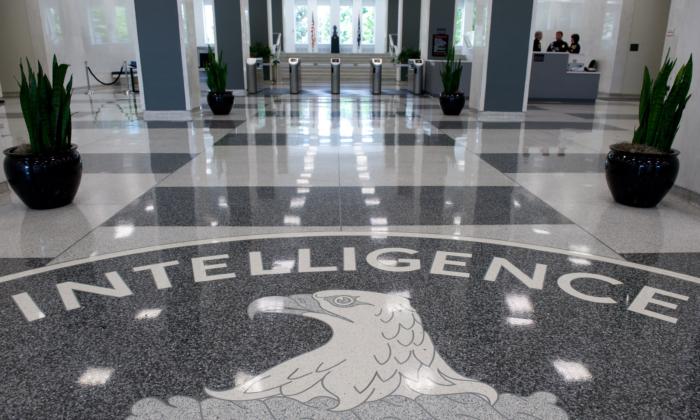It’s widely assumed in much of the media commentary I’ve seen in the past few months that neither the Durham special counsel’s office nor the federal investigation into Hunter Biden’s tax affairs are real.
Pundits and commentators make it clear in their pronouncements that they believe neither investigation is credible or, if they ever were, they were subsumed by politics long ago.
If it’s true that both always were or soon became bogus investigations, this brings up a relevant question: Since President Joe Biden is now safely installed in the White House, and there’s no longer any reason to keep up the pretense that anything is happening, why are both investigations continuing? Why haven’t they been ended yet?
Counter to most of the media pontifications about this ongoing federal investigation, I’m convinced they are quite real.
They haven’t leaked anything to the media about their investigation and even during the intense media scrutiny that followed the publication of The New York Post’s laptop story in October 2020, they refused to leak anything.
Even though the media has known about the Hunter Biden investigation since the laptop story broke, not one media outlet has been able to crack the FBI’s wall of silence in the past four months.
Why do you suppose that is?
Now, let’s look at the other investigation that’s claimed to not be real or to have become a moot exercise.
A special counsel’s office (SCO) makes and unseals its own indictments. It can investigate and prosecute cases with its own prosecutors completely apart from the Department of Justice (DOJ). I’m quite frankly surprised at the number of media reporters and pundits who don’t seem to understand this.
The popular—and wrong—understanding of how an SCO functions is that while it can do its own independent investigations and can build cases against targets, if the SCO wants to proceed with criminal indictments, suddenly the attorney general and the DOJ take over at that point and begin approving or rejecting the charging decisions of the special counsel.
That is flatly false.
You would have a major political scandal of epic proportions if an SCO assigned to investigate former top DOJ officials for criminal conduct wanted to bring charges against one or more of the former officials, but the attorney general forbid them from doing it.
Such a scandal would directly lead to calls for that attorney general to be impeached for obstruction of justice.
Nobody seems to remember how the Mueller special counsel investigation ended with one of the most unusual developments ever.
Special counsel Robert Mueller’s probe ended with his unwillingness to decide whether then-President Donald Trump should be charged with obstruction of justice. Instead of coming to a resolution about that, Mueller handed that decision to the DOJ, Attorney General William Barr, and Deputy AG Rod Rosenstein.
Both Barr and Rosenstein publicly expressed surprise and disappointment that Mueller and his team of independent prosecutors declined to make their own charging decision.
Reluctantly, Barr and Rosenstein then did Mueller’s job for him and made the decision to dismiss the charge rather than make the indictment.
And yet, here we are just two years later after these very high-profile public events at the end of Mueller’s probe and everybody in the media seems to be suffering from some strange kind of collective amnesia.
I’m sure Durham was informing Barr, and now Merrick Garland, of the progress of his work. But giving someone updates on your progress and asking them for permission to do your job are two different things, and it would be great if the media stopped confusing the two.
This idea that Durham must run each of his charging decisions by Garland for an official thumbs-up or thumbs-down before he can proceed to file his own independent indictment is absurd.
Yet that’s what many people have been led to believe.
And it’s not true.
By all indications, Durham isn’t Mueller 2.0, and I don’t think he has any plans to punt any of his charging decisions to the DOJ so Garland can make them for him.
I find the silence compelling. While this silence seems to tell many media observers that the Durham investigation isn’t real, that same silence tells me the opposite.
Not only is it real, Durham is still coming.





Friends Read Free